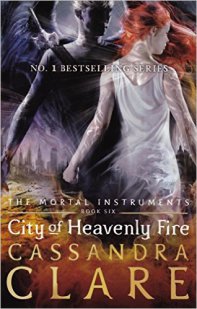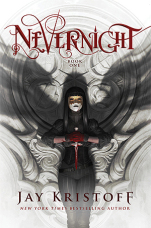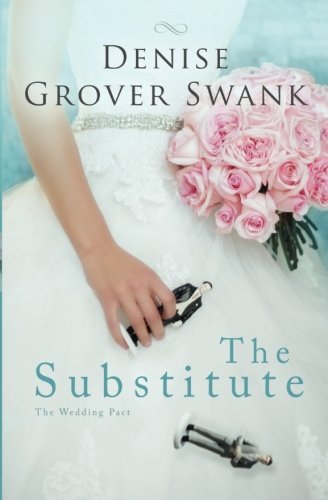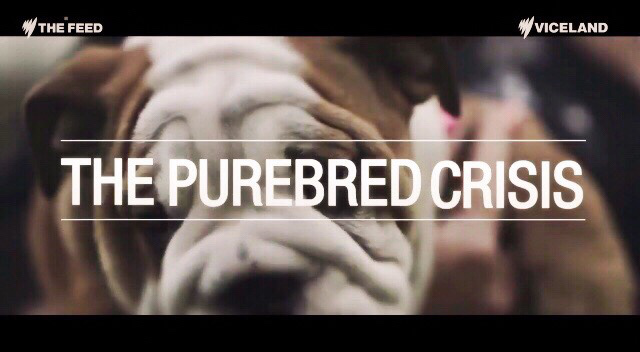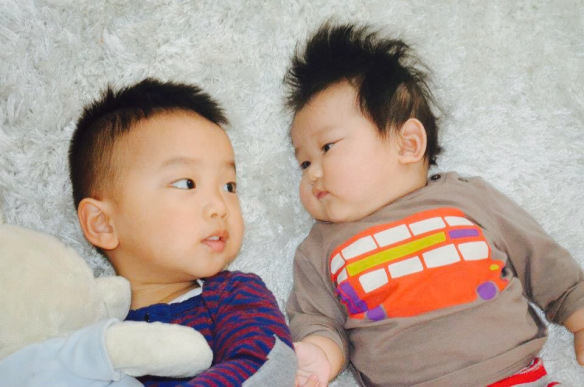 The Dragon’s Price by Bethany Wiggins
The Dragon’s Price by Bethany Wiggins
My rating: 1.5 of 5 stars
When two warring kingdoms unified against a deadly menace laying waste to both their lands, they had to make a choice: vow to marry their heirs to one another, or forfeit their lives to the dragon.
Centuries later, everyone expects the sheltered princess Sorrowlynn to choose the barbarian prince over the fire-breathing beast—everyone, that is, except Sorrow, who is determined to control her own destiny or die trying.
As she is lowered into the dragon’s chamber, she assumes her life is over until Golmarr, the young prince she just spurned, follows her with the hopes of being her hero and slaying the dragon. But the dragon has a different plan. . . .
If the dragon wins, it will be freed from the spell that has bound it to the cave for centuries. If Sorrow or Golmarr vanquish the dragon, the victor will gain its treasure and escape the cave beneath the mountain. But what exactly is the dragon hiding?
There are no safe havens for Sorrow or Golmarr—not even with each other—and the stakes couldn’t be higher as they risk everything to protect their kingdom.
I started this book with a good feeling – you know, dragons are amazing creatures and a story about a girl who defeats a dragon sounded pretty good. The protagonist, Sorrowlynn, a closeted fourth princess, is now in line to be sacrificed to the dragon, Andromeda-style. She has two choices – marry the heir of their neighboring warrior-filled kingdom as a part of a binding contract that keeps the dragon imprisoned, or allow herself to become the dragon’s dinner. The main part of the contract is the offering, and she can be spared if the heir doesn’t want her, but our girl defies everything and choses to be dinner instead.
She hopes to have a quick death rather than live in an arranged marriage – I can get behind that, sure. But imagine my disgust when her main objection is that she is to be married to the ‘barbaric’ horse-lords who rule that kingdom. If you are getting Dany-Dothraki vibes, you aren’t wrong – there is even a side character called Melisande in the second half. Anyway, what my problem with this scenario was that her kingdom and family was white af – her sister were blonde haired, blue-eyed beauties, while she, the brown-haried, green-eyed one is ‘less beautiful’. The other kingdom, of the horse-lords, they are people of color – black haired, and brown-skinned or tan. And within the first 30 pages itself, she refers to them as barbaric, or brutes, or savage so many times that if you were playing a drinking game, you would be drunk.
Here are examples: Chapter 1
I shudder at the thought of associating with these barbarians.
Chapter 2:
They stand out like peasants among the flamboyantly dressed Faodarian nobles. The women, dressed in brown leather vests, with hunting knives belted above their bright skirts, look as barbaric as the men.
Chapter 3 (trying not to puke):
For a barbarian, he is well spoken.
Chapter 19 (after she is well acquainted with the prince to realize that their kingdom is not filled with brutes):
When I am dressed, she holds a wide, worn leather belt out to me. I wrinkle my nose at it and do not take it from her. Aside from shoes, leather clothing is for peasants, barbarians, and warriors.
Like, she doesn’t even give them a chance before deciding to believe all that she has heard about them. And it is rich of her to call them barbaric, when her own father hits her regularly. She is all Victorian-era high noble – everything is scandalous, even associating with the royalty of the other kingdom. *eyeroll* And then when I got past all this blatant racism, there was a mediocre plot, to say the least. The princess, now having won the dragon’s treasure, has to get out with the prince and they have to now protect themselves from other dragons coming for their blood.
From a world-building standpoint, I liked the mythology of the different elemental dragons and their ‘treasures’ being metaphorical than physical. Also, that doomed prophecy sure adds a nice touch of drama. But stuck in a mediocre star-crossed-ish romance with racist undertones is not my idea of a good book. Also, you can imagine dragons but you can’t imagine even one kingdom without patriarchal values? Fedora-whatever had a Queen and a lord consort, but the lord was more powerful. The horse-lord kingdom has female warriors and acknowledges that women are more fierce warriors but still has men in the places of importance. It’s like this book didn’t even try to execute a good concept well!
Received an advance reader copy in exchange for a fair review from Crown Books, via Netgalley.
View all my reviews
Advertisements Share this:- More
